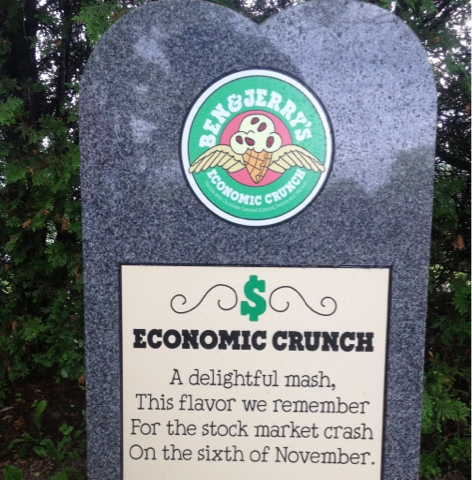For the last two weeks the entire country has been focused on the political games being played in Washington. The burning question being, why can't all sides come to some sort of compromise. Justin Fox in an article written for the Harvard Review uses the concepts of Game Theory to offer some explanation.
Fox suggests that the current impasses is similar to game theory whereby it is an "interaction among “agents” who “base their decisions on limited information about actions of other agents in the recent past, and they do not always optimize.”
The recent past being the passing of the Affordable Care Act. It is obvious that this decision did not optimize for both parties. The liberals see it as a win for the uninsured and the president sees it as his signature piece of legislation. The conservatives see it as another Big Goverment program destined to destroy the fledgling economic recovery by draining the already overburdened taxpayer. The limited information being, nobody can predict the future, hence we really don't know how the new legislation will effect the economy.
For all anybody knows Big business might realize great savings by dropping health care coverage, preferring the less costly penalty. United Parcel Service (UPS) has choosen this option. What if they were to utilize the saving to hire more people and buy more trucks. Then everybody wins. But, as I mentioned above nobody can predict the future.
So how does this impasse end?
The answer lies in the reason for the divided. Game Theory goes on to suggest that, "Excessively polarized behavior may be the unhappy result of dependence on tacit coordination and maneuver.”
This is where we enter into the game. The electorate needs to verify any tacit or unspoken belief. Call your representative and let him know how you feel. If the elected official is assured of his political future he may decide to further is career by being the one to step into the political devide. Alternatively he or she may decide to end their political career by doing the same. So keep up the pressure.
References to game theory taken from an article written by Justin Fox. This article titled "understanding the game being played in Washington" was written for the Harvard Business Review, October 4, 2013.



